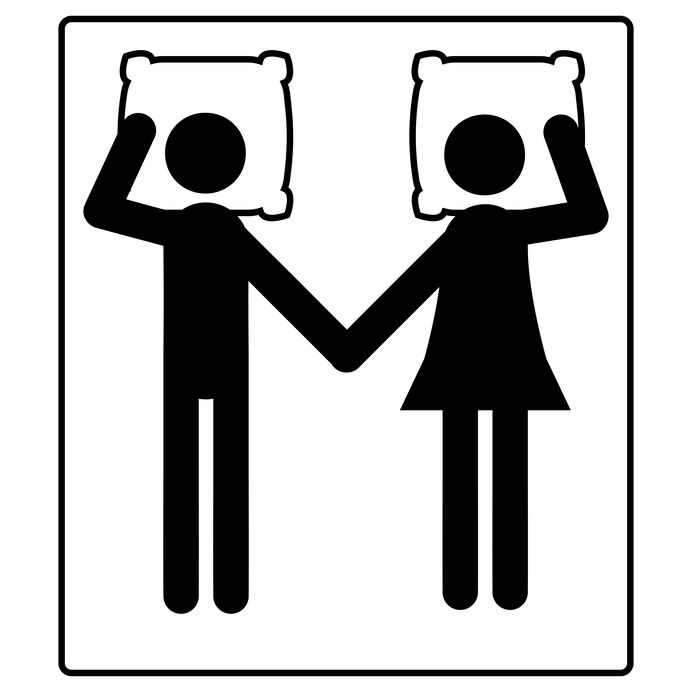There are reports that 15-year-old Paris Jackson attempted suicide yesterday. While we may want to point to her unique life circumstances as the reason she would be distraught enough to want to die, the cruel reality is that she is not very different from the average teenager. I recently read a report* that one out of eight Jacksonville, Florida (where I reside) teenagers said they had attempted suicide. One in eight! That means that one in eight teenagers saw no other way out of their problems and/or depression than to end their lives.
I think this is a good time to talk about what we can do.
If you suspect someone is considering suicide, ask them about it. It may feel awkward but it could help save their life. A common misconception is that asking a non-suicidal person about suicide will plant the idea in their head. This is not true. Someone who isn’t thinking about ending their life, will not begin to because you brought it up. If they are considering suicide, they may be willing to talk about it.
There is a right and a wrong way to ask someone if they’re considering suicide.
WRONG: “You’re not thinking about killing yourself, are you?” – This indicates to the person being questioned that you want the answer to be “no” and they’re more likely to appease you and agree.
WRONG: “You know suicide is not the answer, right?” – Same rationale as the previous example.
RIGHT: “Are you thinking about killing yourself?” – This is direct and simple.
RIGHT: “You seem to feel hopeless. Tell me about that.” – This may begin a discussion that leads to the previous example question (Are you thinking about killing yourself?).
Once you have the impression that someone is suicidal and are in immediate danger, call 911 or take them to an emergency room.
If you believe they are not in immediate danger, offer to assist them to get help with a therapist or doctor.
For warning signs and a more complete list of what to do if you suspect someone is feeling hopeless and considering suicide: https://www.mayoclinic.com/health/suicide/MH00058
*Center for Disease Control Youth Risk Behavior Survey, 2011



